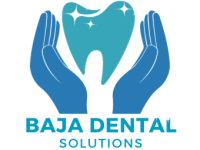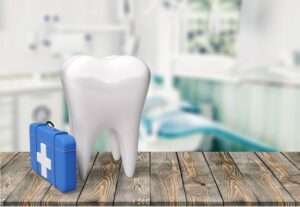Table of Contents
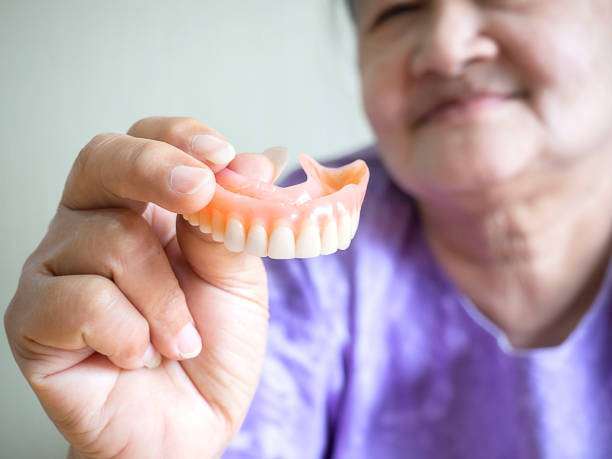
Dentures, often referred to as false teeth, have been a revolutionary solution for those grappling with missing teeth. As the demand for tooth replacement options continues to rise, the variety of dentures available in the market can be overwhelming. In this guide, we will delve into the essential aspects of choosing the right denture type tailored to your needs, answering common questions, and exploring the advantages and disadvantages of different options.
What Are Dentures?
Dentures are removable prosthetics that replace lost teeth and surrounding tissues. They are a popular choice for individuals seeking an affordable and non-invasive solution for restoring their smiles.
Types of Choosing the Best Denture Type
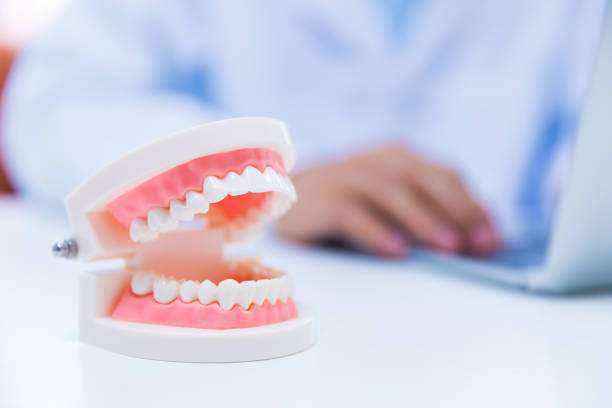
Complete Dentures
Complete dentures are ideal for individuals who have lost all of their natural teeth. These dentures are designed to replace an entire set of upper or lower teeth. They provide support for facial muscles, aiding in speech and chewing. Complete dentures from Baja Dental Solutions are crafted with precision to ensure a natural-looking appearance.
Partial Dentures
Partial dentures come into play when only some teeth are missing. They’re a customizable option, often secured with clasps that attach to existing teeth. These dentures not only fill the gaps but also prevent the remaining natural teeth from shifting.
Overdentures
Overdentures, also known as implant-supported dentures, offer enhanced stability and functionality. They are secured onto dental implants, providing a more secure fit compared to traditional dentures. This option is popular among those seeking a more natural feel and increased biting strength.
Immediate Dentures
Immediate dentures are crafted in advance and can be worn immediately after the removal of natural teeth. While these provide a swift solution, adjustments may be needed as the gums heal and take their final shape.
Snap-In Dentures
Snap-in dentures utilize dental implants for stability but can be easily snapped in and out by the wearer. This option combines the benefits of implant support with the convenience of removable dentures.
Factors to Consider When Choosing Dentures

Oral Health Assessment
Begin by undergoing a thorough oral health assessment at Baja Dental Solutions. The condition of your remaining teeth and gums will influence the type of denture that suits you best. If you have significant tooth loss, complete dentures might be recommended, while partial dentures are suitable for those with some remaining natural teeth.
Budgetary Considerations
Cost matters when making decisions. If cost is a concern, traditional complete or partial dentures may be the most economical choice. Discuss your budgetary constraints with the experts at Baja Dental Solutions to explore suitable options without compromising on quality.
Lifestyle and Preferences
Consider your lifestyle and preferences when selecting dentures. If you lead an active life and desire enhanced stability, implant-supported dentures, such as snap-in dentures or overdentures, might be ideal. On the other hand, if simplicity and ease of use are priorities, traditional removable dentures could be the right fit.
Longevity and Maintenance
Different denture types have varying lifespans and maintenance requirements. Implant-supported dentures generally offer greater longevity but may involve a more complex cleaning routine. Traditional dentures, while requiring regular care, are simpler to maintain. Discuss the maintenance aspects with your dental provider to ensure a seamless fit with your lifestyle.
Advantages of Dentures
- Cosmetic Enhancement: Instantly improves the appearance of the smile.
- Functional Restoration: Restores the ability to bite and chew effectively.
- Affordability: Compared to other tooth replacement options, dentures are budget-friendly.
- Customization: Dentures can be tailored to match natural teeth, ensuring a seamless blend.
- Non-invasive: Does not involve surgical procedures, making it a preferable option for many.
Disadvantages of Dentures
- Adaptation Period: Initial discomfort and adjustment period may be challenging.
- Maintenance Requirements: Regular cleaning and proper care are necessary for longevity.
- Potential for Slippage: Full dentures may shift or slip during activities like eating or speaking.
- Bone Resorption: Over time, wearing dentures can contribute to bone loss in the jaw.
- Speech Impediment: Temporary speech changes may occur until the mouth adjusts to the dentures.
FAQs About Dentures
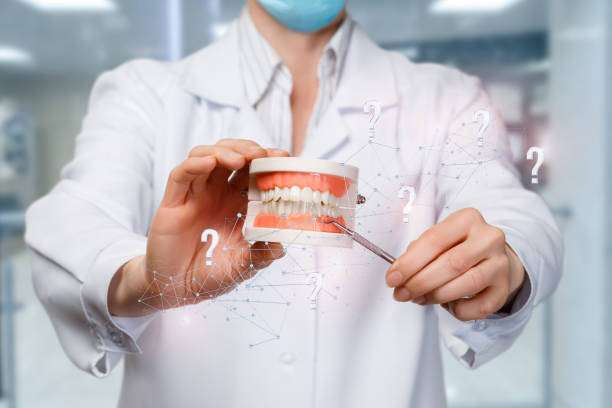
On average, dentures last about 5-7 years, but proper care can extend their lifespan.
Initially, there may be discomfort, but adjustments can alleviate issues.
While possible, it’s recommended to remove them during sleep for oral health.
Yes, but initially, a soft diet is advisable, gradually transitioning to normal foods.
Yes, proper cleaning and maintenance are essential for oral hygiene.
While durable, dentures can break if dropped. Handle them with care.
Temporary speech adjustments may occur, but regular practice improves clarity.
Same-day denture costs vary but are generally higher due to expedited services.
Discomfort during the implant process is managed with anesthesia, ensuring minimal pain. significant changes.
Small adjustments can be made at home, but professional assistance is recommended for
Conclusion

In the quest for the right denture type, understanding individual needs, budget constraints, and the desire for functionality is paramount. Whether opting for traditional full dentures or advanced implant-supported dentures, each choice comes with its set of advantages and considerations. Remember, consultation with a dental professional is crucial to determining the most suitable option for your unique circumstances.
Visit our website:
- Baja Dental Solutions at Tijuana Mexico – Trust the experts at Baja Dental Solutions for affordable high-quality dental care.
Disclaimer: The information provided is for educational purposes only and should not be considered as professional dental advice. Seek advice from a skilled dental expert for personalized guidance.
